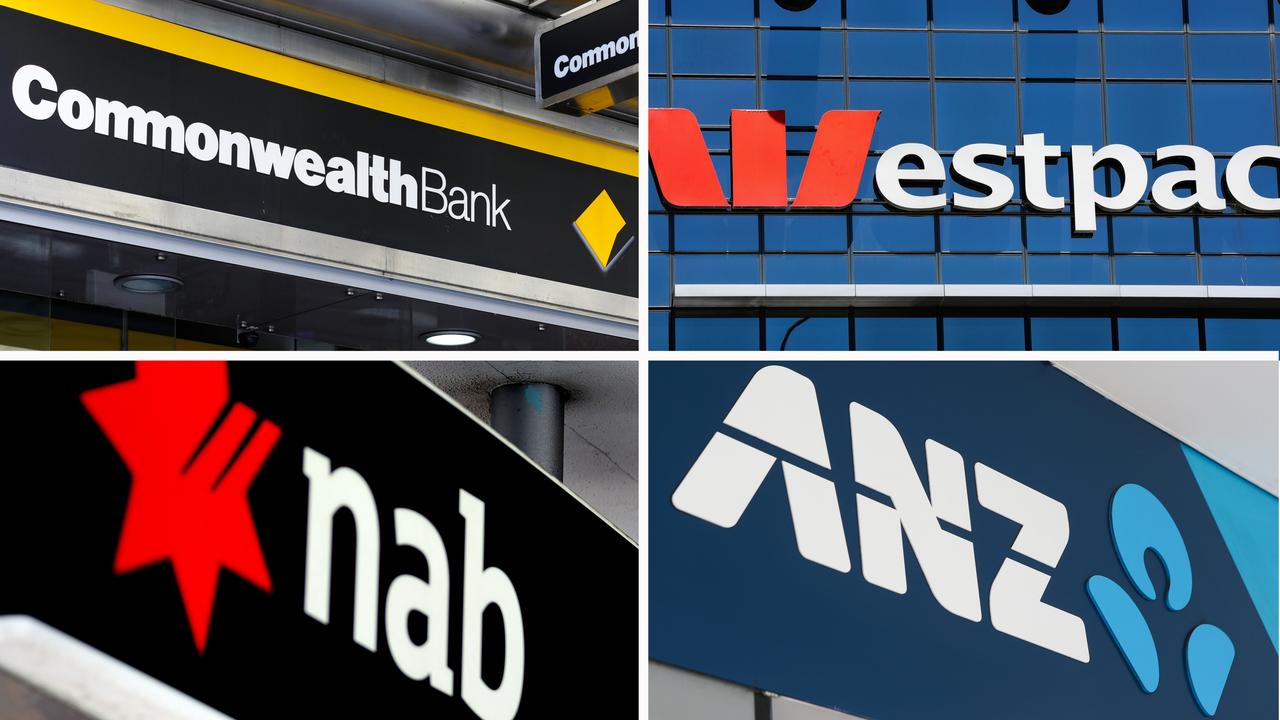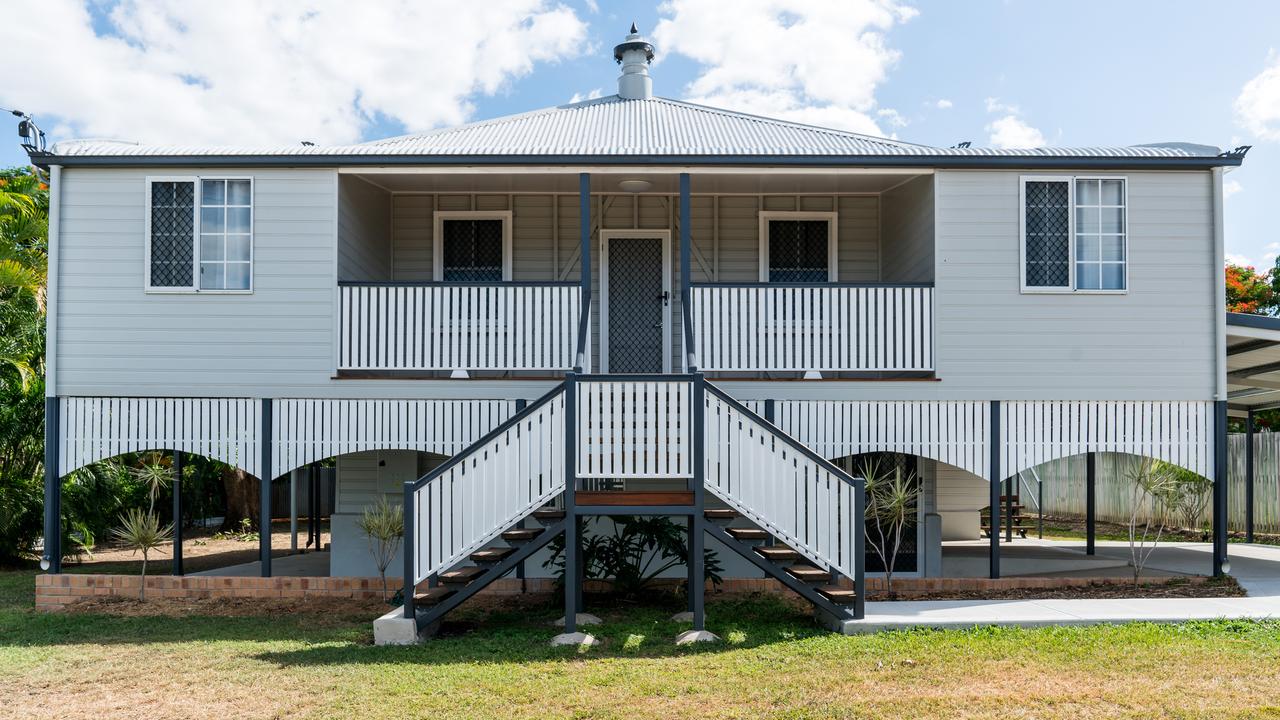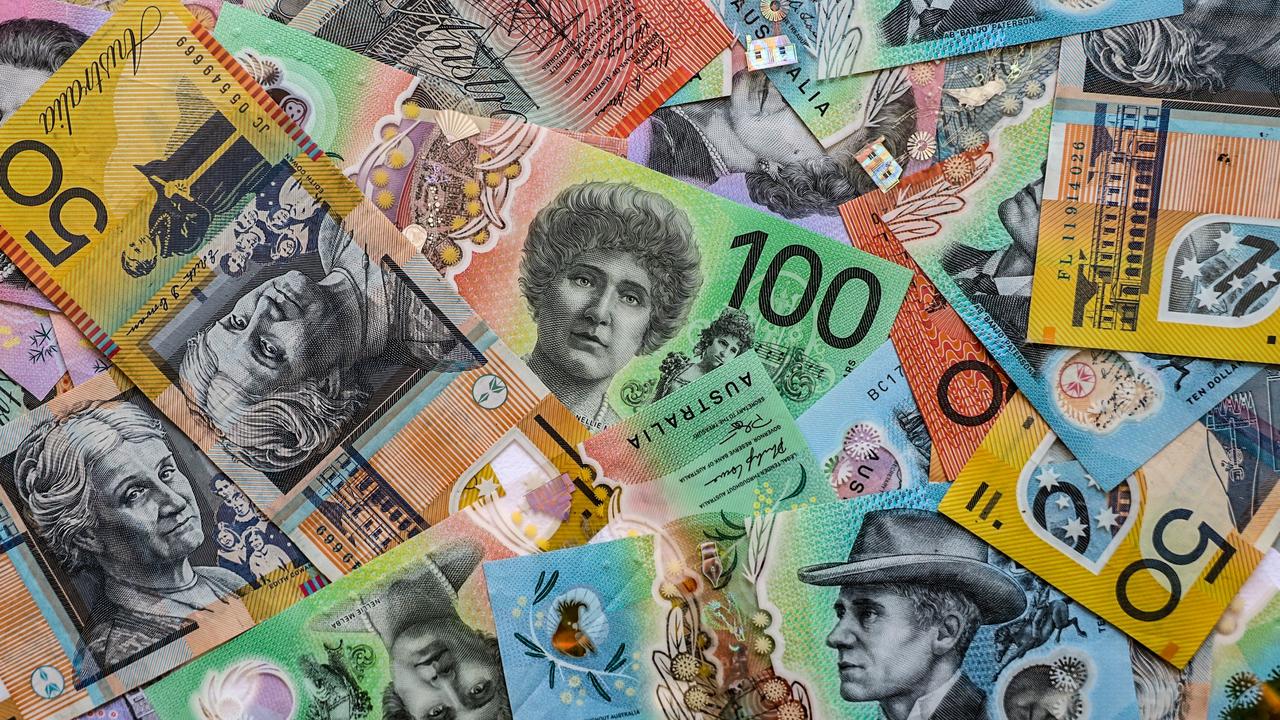Bank levy could spark a property market crash, analysts warn
SCOTT Morrison’s bank levy could bring on a disastrous property market crash, analysts warn.
THE new bank levy has opened a Pandora’s box that leaves Australia’s biggest financial institutions exposed to a potential disaster, analysts warn.
In a note to investors, UBS says the levy could pose a risk to what it sees as a housing bubble, threatening the stability of an economy reliant upon the $6 trillion property market.
Ratings agency Moody’s estimates the levy introduced in this week’s federal Budget will reduce the big banks’ pre-tax profit by about 3.8 per cent, and UBS analyst Jonathan Mott said future hikes of the levy are a real possibility.
“Pandora’s box has been opened,” Mr Mott wrote in the investor note, pointing out that the UK bank levy was hiked nine times.
“Future governments could also raise the bank levy as an easy source of revenue to fund spending, tax cuts or the deficit, especially as none of the political parties oppose this policy.”
‘BANKING SECTOR IS CRUCIAL’
The chief executives of ANZ, Commonwealth Bank, National Australia Bank and Westpac have all said the cost of the bank levy will be passed on to shareholders, staff and, through higher interest rates, customers.
Mr Mott said the government could raise the levy from its July 1 rate of 0.06 per cent of banks’ liabilities as punishment for hiking rates.
He noted that the UK government had lifted an equivalent levy on that country’s banks on nine occasions.
NAB chief executive Andrew Thorburn said the levy represented a threat to the health of the industry and the broader economy.
“I’m surprised to see it from any government, to be honest, because the banking sector is so crucial to the strength and viability, and the growth of our economy,” Mr Thorburn told Melbourne radio 3AW on Thursday.
LAST-MINUTE ‘SMASH AND GRAB’
Australian Bankers Association chief Anna Bligh said there the policy was rushed into the budget at the last minute as a “smash-and-grab” for more revenue.
“It seems not only were banks kept in the dark on this tax, but perhaps Treasury officials had been kept in the dark up until now,” she said.
“This is a government now playing fast and loose with Australia’s financial system and this is a dangerous place for us all to be.”
Ms Bligh said the biggest shareholders of Australian banks were superannuation funds.
“They are hundreds of thousands of individual Australian shareholders — many of whom are retirees — who are living on share dividends as a result of their retirement,” she said.
“If you are a working Australian and you have a superannuation account, then you own shares in one of the major banks, and the treasurer is saying this tax should be passed on to your investments.”
HOME BUYERS UNDER PRESSURE
The big banks have already repriced their mortgage books, in particular to make interest-only and investor loans more expensive to comply with Australian Prudential Regulation Authority limits on riskier lending.
More rises could have deleterious effects on the housing market and wider economy, Mr Mott said.
“If the banks reprice their mortgage books this would put further pressure on household cash flows which are already suffering from near record low income growth, higher mortgage payments and higher power bills,” Mr Mott said.
“While the implication on the ‘animal spirits’ in the housing market is difficult to predict, we see substantial risk to the Australian Housing Bubble.”
Moody’s said the government’s announcement of additional regulation of the sector further reduced the threat of a royal commission into the sector.
But that offered little relief to ANZ, CBA, NAB, Westpac and Macquarie Group, the fifth bank affected by the change.
“We struggle to see the upside case in owning the banks in the current environment,” Mr Mott said.
‘TIME TO SWITCH BANKS’
Meanwhile, Prime Minister Malcolm Turnbull has issued Australians the kind of advice we’re used to hearing from consumer group Choice.
Mr Turnbull said on Friday that customers should vote with their feet by switching banks if the big four follow through on their rake hike threats.
“If people feel that Westpac or the Commonwealth Bank is charging them too much, they can take their business somewhere else,” Mr Turnbull told the Seven Network, advising people to switch to smaller lenders like Suncorp and Bendigo Bank.
Asked what would happen if all customers took their business to credit unions or smaller institutions, he replied: “You shouldn’t run up the white flag and surrender to the banks. They are the most profitable banks in the world.”
Mr Turnbull said the consumer and competition watchdog would be monitoring the banks to ensure a more competitive environment.
‘POLICY ON THE RUN’
Commonwealth Bank chief executive Ian Narev described the levy as policy concocted “on the run”.
He says the banking giants have more questions than answers following a showdown with Treasury officials in Sydney on Thursday.
“This will test well in the opinion polls,” he predicted on ABC radio. “The question we should be asking as the public is, if a government is going to judge its success as an economic budget on the next day’s opinion polls, is that the kind of economic policy we want.”
Finance Minister Mathias Cormann said the banks received a straightforward explanation on the levy and there was nothing complicated about its details.
“Don’t believe everything that someone who doesn’t want to pay more tax is telling you,” Mr Cormann said.
Ms Bligh has called on the Senate to carefully scrutinise the proposed law underpinning the tax, potentially delaying its July 1 introduction.
Elsewhere, several crossbench senators have joined calls for an investigation into how the budget’s controversial bank levy was leaked to the media, leading to a $14 billion wipe-out of bank shares.



